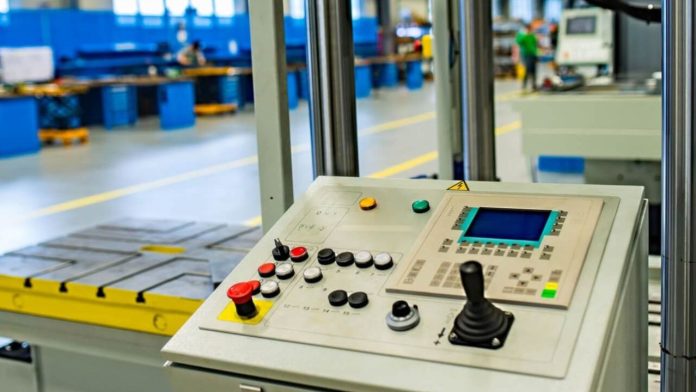Components that have undergone the machining process in which extra material is removed with specialized tools are referred to as machined parts. To create precise, custom-designed parts, machining entails shaping, drilling, cutting, and finishing raw materials like metals and plastics. Applications and industries for machined parts are numerous, ranging from aerospace to healthcare.
CNC (computer numerical control) machines can assist with the machining process or it can be completed manually. Precision and automation provided by CNC machining enable producers to create parts for hard-to-find applications. For a Complete Guide to CNC machinery visit the 3erp. Almost any material can be manufactured using the flexible CNC machining process.
How Parts Are Made Using CNC Machining?
Using cutting tools with consistent dimensions helps to ensure accuracy when using a CNC machine to make parts. This guarantees that the component is made with the necessary accuracy. Another remarkable feature of a CNC machine is its speed.
It can produce parts quickly that would take much longer to produce with other methods in just a few easy steps. Last but not least, it is feasible to produce several iterations of a part using a CNC machine rather than having to start from scratch. This enables speedy testing and adjustments prior to producing the part’s final version.
Advantages of CNC Machined Parts
The following are some advantages of machined parts:
Precision:
CNC machining provides precision in machined parts, guaranteeing high accuracy and tight tolerances. This accuracy is critical for applications where precise specifications are required and components must fit together seamlessly. CNC machining’s ability to consistently produce parts with meticulous precision is a key factor in its widespread use across industries such as aerospace, automotive, and medical devices.
Versatility:
Due to its ability to work with a variety of materials, including composites, metals, and polymers, CNC machining offers versatility. This flexibility enables a broad range of components to be produced for a variety of industries. CNC machining is a preferred manufacturing process for parts with varying material requirements and specifications due to its versatility, which extends from complex metal parts in aerospace to precise plastic components in electronics.
Complex Geometries:
Complex geometries and finely detailed shapes and designs are easily created with CNC machining. In industries where components need to have complex shapes or multi-layered structures, this ability is essential. From aerospace components with intricate curves to molds for custom tooling, CNC machining’s adeptness at handling complex geometries makes it a preferred method for manufacturing parts with diverse and intricate shapes.
Repeatability:
High repeatability is ensured by CNC machining, which consistently produces parts that are identical with little variation. The process is efficient for large-scale production once it is established because it can be replicated. In industries where standardized, dependable components are critical, this degree of repeatability is necessary to guarantee that every produced part satisfies the same exacting specifications, enhancing the general effectiveness and caliber of manufacturing processes.
Efficiency:
CNC machining is very effective because it strikes a balance between precision and speed. After it is programmed, the procedure operates on its own, requiring less human involvement. This efficiency helps shorten lead times and is beneficial for mass production as well as prototyping. Precision and complex component manufacturing across a range of industries is made easier with CNC machining’s streamlined workflow from design to production, which improves overall operational efficiency.
Wide Range of Applications:
Numerous industries, including aerospace, automotive, electronics, and medical devices, have found use for CNC machining. It is versatile because of its capacity to create exact components and adaptability to a variety of materials.
The wide range of applications for CNC machining emphasizes its importance in manufacturing processes where accuracy, dependability, and versatility are critical, such as producing complex parts for aircraft or precise components for medical devices.
Bottom Lines
CNC machine parts are indispensable elements in a wide range of contemporary products and are important to numerous industries. Precision parts from a variety of materials a flexible and affordable manufacturing technique. Additionally very adaptable, CNC machine parts find application in a broad range of products, including aerospace and medical implants.










